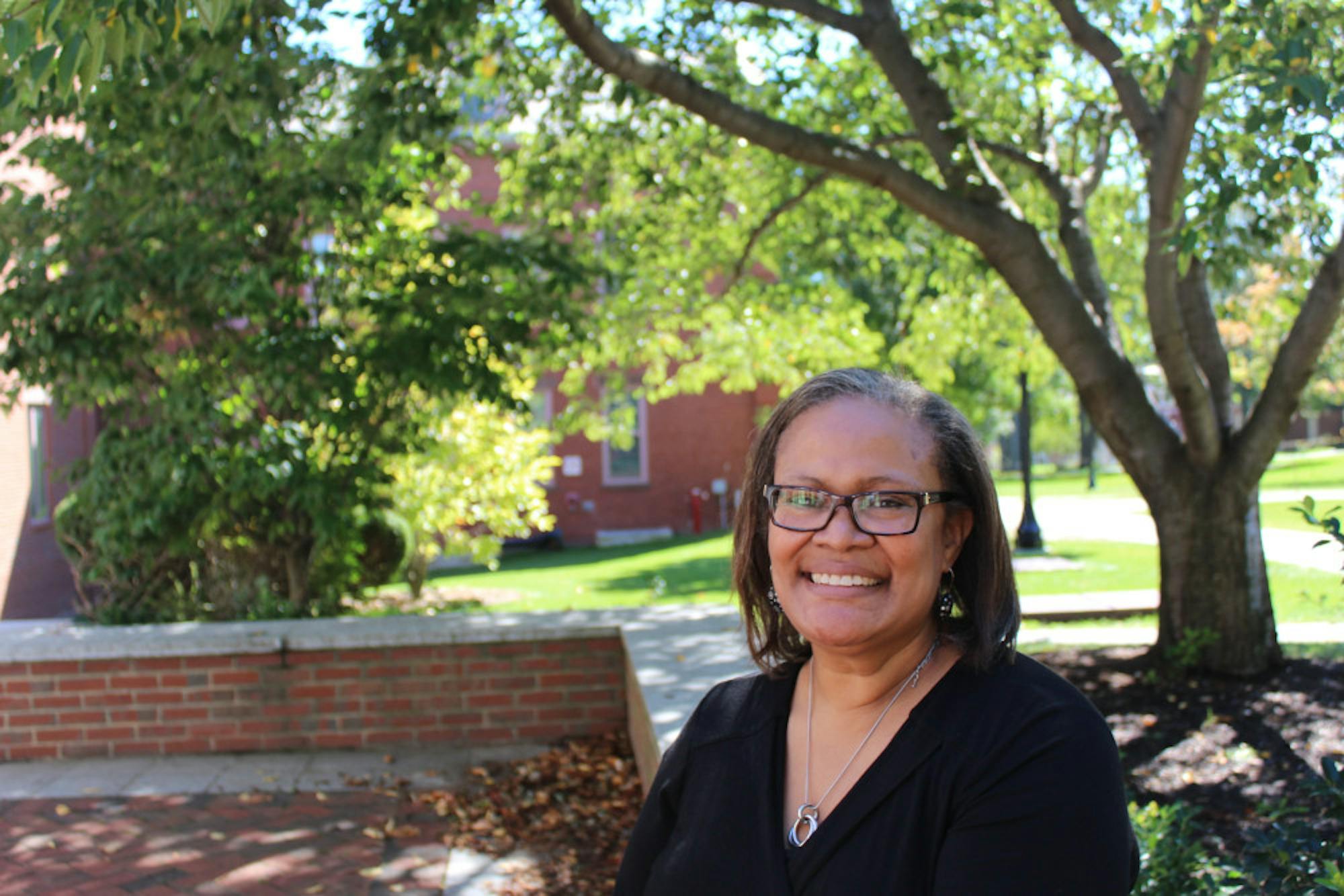Since the recent mass shooting at Marjory Stoneman Douglas High School in Parkland, Fla., high school spurred protests from high school students nationwide, Tufts has joined other colleges and universities in quelling applicants' fears that protesting firearm policies might be met with repercussions from admissions departments.
In a Feb. 23 blog post on the Tufts Admissions website, Karen Richardson, dean of Undergraduate Admissions and Enrollment Management, responded to applicants’ fears that protesting could hurt their applications.
“I want to assure you that Tufts is a place where civic engagement is not only tolerated; it’s encouraged ... strongly," Richardson wrote.
“So, when you act on your values, in a principled way, on issues about which you feel passionately, it will not be held against you in the application process. In fact, we may even take notice," the statement said.
In an email interview with the Daily, Richardson said that Tufts Admissions posted a note on their website as they became aware that students were expressing concerns to assure peaceful protesters that participating would not adversely impact their applications to Tufts.
“It’s understandable that some high school students might be worried about balancing their future college prospects with what they feel is an obligation to speak out on an important issue for our country,” Richardson said. “We have a long tradition at Tufts of encouraging civic engagement and we think it’s entirely appropriate for students who feel they want and need to be heard on an issue to speak up.”
Noah Weinflash and Kevin Dunn, both tour guides, said that they do not know of any prospective students who have asked about Tufts’ policy on protesting.
According to Richardson, Tufts Admissions at large has not received any direct questions on the topic, either; however, she said it would not be surprising if they do it in the future.
“Prospective students usually don’t ask about many social justice issues … but I make it a central part of the tour when discussing student life and student activism,” Weinflash, a junior, told the Daily in an email. “It’s certainly something that I’ll be continually mentioning in my tour going forward, to try to highlight Tufts’ commitment to activism.”
While Weinflash was proud of this public statement supporting civic engagement, he noted Tufts was not the first school to do so.
"While I certainly think this is a positive decision for admissions to make, I don’t think Tufts admissions deserves as much credit as the universities who were the first to make similar announcements," Weinflash said.
Dunn was similarly supportive of Tufts' recognition of and support for students, but also expressed some reservations.
“I appreciate that Tufts Admissions is choosing to recognize and support students who risk academic disciplinary action in order to stand up for what they believe in,” Dunn, a junior, told the Daily in an email. “However, I fear that this statement may encourage some students to engage in protests to try to stand out in the admissions process rather than for a genuine concern for the cause.”
Other schools in the Commonwealth, including MIT and Boston University, have made statements similar to the one issued by Tufts.
“We hold our students to a high standard and give them a wide berth,” MIT Dean of Admissions and Student Financial Services Stu Schmillwrote in a blog post. “It would be at best quixotic, and at worst hypocritical, if we treated our applicants differently, penalizing them for engaging in responsible, responsive citizenship as the students at Stoneman Douglas [High School in Parkland, Florida] and elsewhere have done.”
In a message on Boston University’s admissions page, Kelly Walter, associate vice president for enrollment and dean of Admissions, wrote, “We stand in support of every high school student who chooses to participate in peaceful protests, such as the March For Our Lives and the National School Walkout Day, or who thoughtfully and respectfully exercise their freedom of expression.”
Richardson noted that some students feel comfortable going to rallies, while others feel more comfortable pursuing other activities that are meaningful to them.
“We like engaged students who try to change the world around them for the better. We encourage that kind of behaviour at Tufts,” Richardson said. “So we’ll consider students’ activism on this particular issue just as we would their activism on other issues or their activities in other areas. We weigh them all equally.”
Dunn emphasized that he believed students who have shown a certain level of involvement and commitment should benefit from any consideration on Tufts' part.
“I think applicants who are involved in activism on more of a prolonged basis should be recognized more than applicants who were involved in one protest,” Dunn said. “I also think leadership and initiative in these protests should carry more weight than participation.”
Weinflash said he was optimistic that Tufts’ statement is a step in the right direction, but he also hoped the admissions officers recognized that this would not be the final step towards a more fair and holistic treatment of students moved to political action in controversial times.
“I’ve gotten to know some of the admissions officers throughout the past couple years, and each one has been optimistic, thoughtful, and seems to really care about letting in students who will make Tufts a better place,” Weinflash said. “I think they will look favourably on students who take action in the wake of the shooting, and I hope it will also make them more accepting when they see students facing repercussions for protesting other issues in the future, even if it’s not as high stakes as gun violence.”
Tufts tells applicants to feel free to protest Parkland shooting

Dean of Admissions Karen Richardson poses for a portrait outside of Bendetson Hall on Sept. 13th, 2016.





